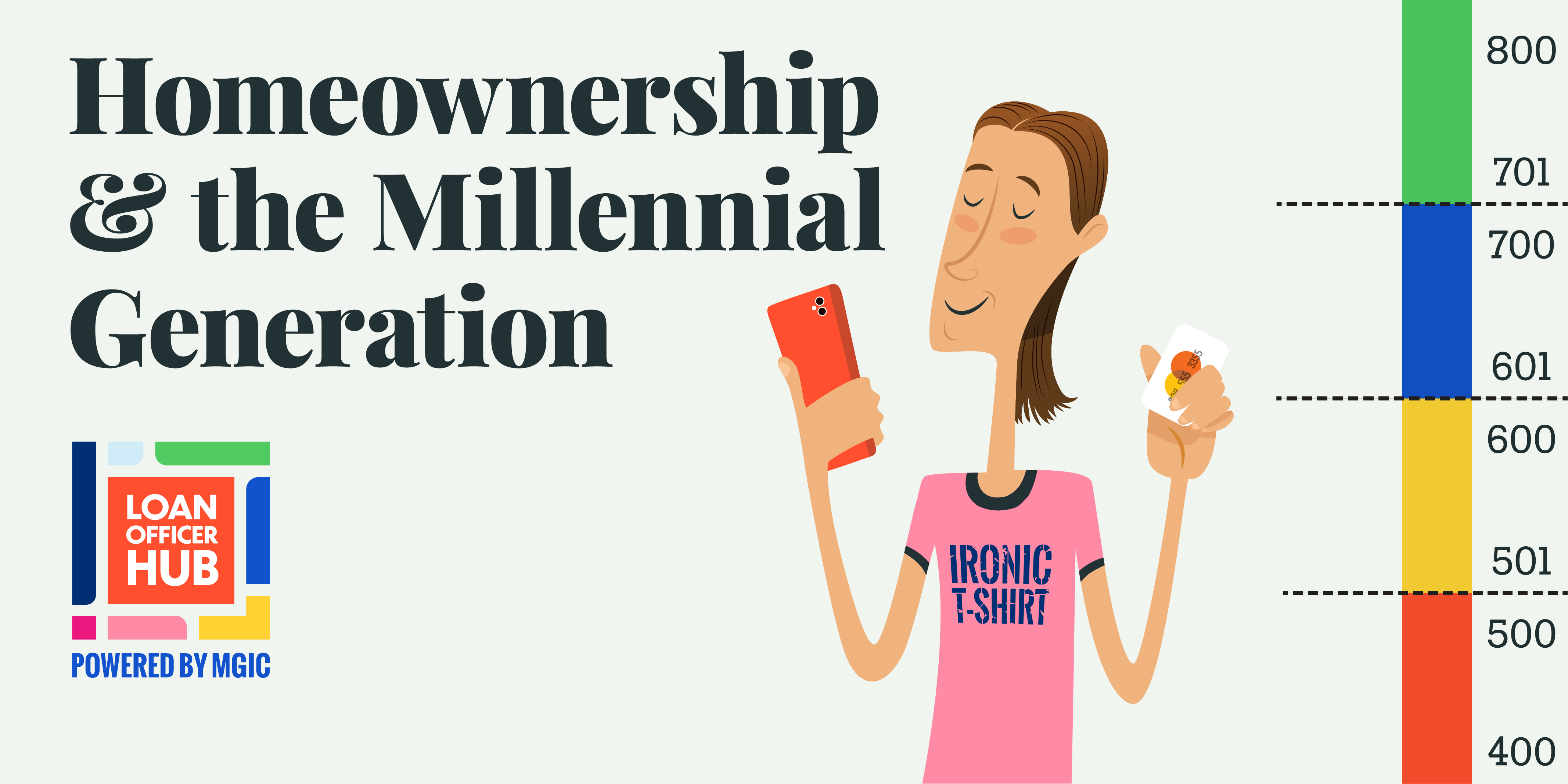Millennials have become a buzzword in recent years, with their unique characteristics and behaviors shaping modern culture and the economy. But when exactly is the millennial generation? This article aims to provide a thorough understanding of millennials, their defining traits, and how they differ from other generations.
Millennials, also known as Generation Y, are often associated with technology, social change, and innovation. Born in a period of rapid technological advancement, they represent a generation that bridges the gap between analog and digital worlds. Their influence on consumer behavior, workplace dynamics, and societal norms cannot be overstated.
Through this article, we will explore the birth years of millennials, their cultural impact, and the challenges they face. By understanding when the millennial generation began and ended, we can gain valuable insights into the trends and shifts that define this generation.
Read also:Exploring Omeluum The Ultimate Guide To Understanding Its Potential And Impact
Table of Contents
- Defining the Millennial Generation
- Millennial Birth Years and Age Range
- Cultural Impact of Millennials
- Workplace Dynamics and Career Preferences
- Technology Adoption and Digital Natives
- Consumer Behavior and Buying Trends
- Millennials and Social Issues
- Challenges Faced by Millennials
- Millennials vs. Other Generations
- Conclusion: Understanding Millennials in Today's World
Defining the Millennial Generation
The millennial generation is broadly defined as individuals born between the early 1980s and the mid-1990s to early 2000s. This timeframe is not universally agreed upon, as different organizations and researchers may have slight variations. However, the majority consensus places millennials as those born between 1981 and 1996.
This generation is often characterized by its embrace of technology, adaptability to change, and focus on work-life balance. Millennials grew up during a period of significant economic and social transformation, including the rise of the internet, the dot-com boom, and the 2008 financial crisis.
Millennial Birth Years and Age Range
According to the Pew Research Center, millennials were born between 1981 and 1996. This means that, as of 2023, millennials range in age from approximately 27 to 42 years old. The specific birth years may vary depending on the source, but the general consensus places millennials in this timeframe.
Understanding the age range of millennials is crucial for businesses, policymakers, and researchers who aim to target this demographic effectively. Millennials represent a significant portion of the global workforce and consumer base, making their preferences and behaviors highly influential.
Cultural Impact of Millennials
Millennials have left an indelible mark on global culture. Their embrace of diversity, acceptance of LGBTQ+ rights, and advocacy for environmental sustainability have reshaped societal norms. Millennials are often credited with driving the adoption of social media platforms, which have become integral to modern communication and marketing.
Additionally, millennials prioritize experiences over material possessions, leading to the rise of experiential marketing and the popularity of travel and adventure. This shift in values has influenced industries ranging from hospitality to entertainment.
Read also:Barrin Trump Singing A Rising Star In The Music Industry
Workplace Dynamics and Career Preferences
In the workplace, millennials are known for valuing flexibility, collaboration, and meaningful work. They seek employers who offer remote work options, professional development opportunities, and a strong sense of corporate social responsibility. This generation is also more likely to job-hop than previous generations, driven by a desire for career growth and fulfillment.
Employers have responded by adapting their policies to meet millennial preferences, incorporating wellness programs, flexible hours, and diverse work environments. This shift has benefited not only millennials but also other generations who value similar workplace attributes.
Technology Adoption and Digital Natives
Millennials are often referred to as digital natives due to their early exposure to technology. They grew up during the transition from analog to digital, making them adept at navigating the digital landscape. From email to smartphones, millennials have embraced technology in all aspects of their lives.
This proficiency with technology has enabled millennials to lead innovation in various fields, from e-commerce to fintech. Their reliance on digital tools has also influenced consumer expectations, with businesses increasingly prioritizing online presence and digital customer service.
Consumer Behavior and Buying Trends
Millennials are a powerful consumer demographic, driving trends in fashion, food, and technology. They prioritize convenience, sustainability, and authenticity in their purchasing decisions. This has led to the rise of subscription services, eco-friendly products, and transparent business practices.
Brands that align with millennial values, such as transparency, inclusivity, and social responsibility, tend to perform better in this market. Understanding millennial consumer behavior is essential for businesses seeking to thrive in today's competitive landscape.
Millennials and Social Issues
Environmental Awareness
Millennials are deeply concerned about environmental issues, advocating for sustainable practices and renewable energy. They are more likely to support companies that prioritize environmental responsibility and reduce their carbon footprint. This focus on sustainability has influenced industries ranging from fashion to food production.
Social Justice Advocacy
Social justice is a core value for many millennials, who actively engage in movements for racial equality, gender rights, and LGBTQ+ inclusion. Platforms like Twitter and Instagram have become tools for raising awareness and mobilizing support for these causes. Millennials' commitment to social justice has inspired meaningful change in both public policy and corporate behavior.
Challenges Faced by Millennials
Student Debt
One of the most significant challenges faced by millennials is student debt. Many millennials pursued higher education during a period of rising tuition costs, leaving them burdened with significant financial obligations. This has impacted their ability to save for retirement, purchase homes, and start families.
Housing Affordability
Housing affordability is another pressing issue for millennials, particularly in urban areas where property prices have skyrocketed. Many millennials struggle to find affordable housing, leading to increased reliance on shared living arrangements or extended stays with family. This challenge has reshaped the housing market and urban planning strategies.
Millennials vs. Other Generations
Comparison with Gen X
Compared to Generation X, millennials are more likely to prioritize work-life balance and social responsibility. While Gen Xers are often characterized as independent and self-reliant, millennials are more collaborative and community-oriented. These differences have influenced workplace dynamics and leadership styles.
Comparison with Gen Z
Millennials and Generation Z share many similarities, such as a strong connection to technology and a focus on social issues. However, Gen Z tends to be even more digitally savvy and socially conscious than millennials. This generational overlap has created opportunities for collaboration and innovation across industries.
Conclusion: Understanding Millennials in Today's World
In conclusion, the millennial generation, defined as those born between 1981 and 1996, has significantly influenced modern culture, economics, and society. Their embrace of technology, focus on social issues, and unique consumer behaviors have reshaped industries and societal norms. By understanding the characteristics and challenges of millennials, we can better appreciate their contributions to the world.
We invite you to share your thoughts and experiences in the comments below. Do you identify as a millennial? How has your generation shaped your worldview? For more insights into generational trends, explore our other articles on this topic. Together, let's continue the conversation about the evolving landscape of generations in today's world.


